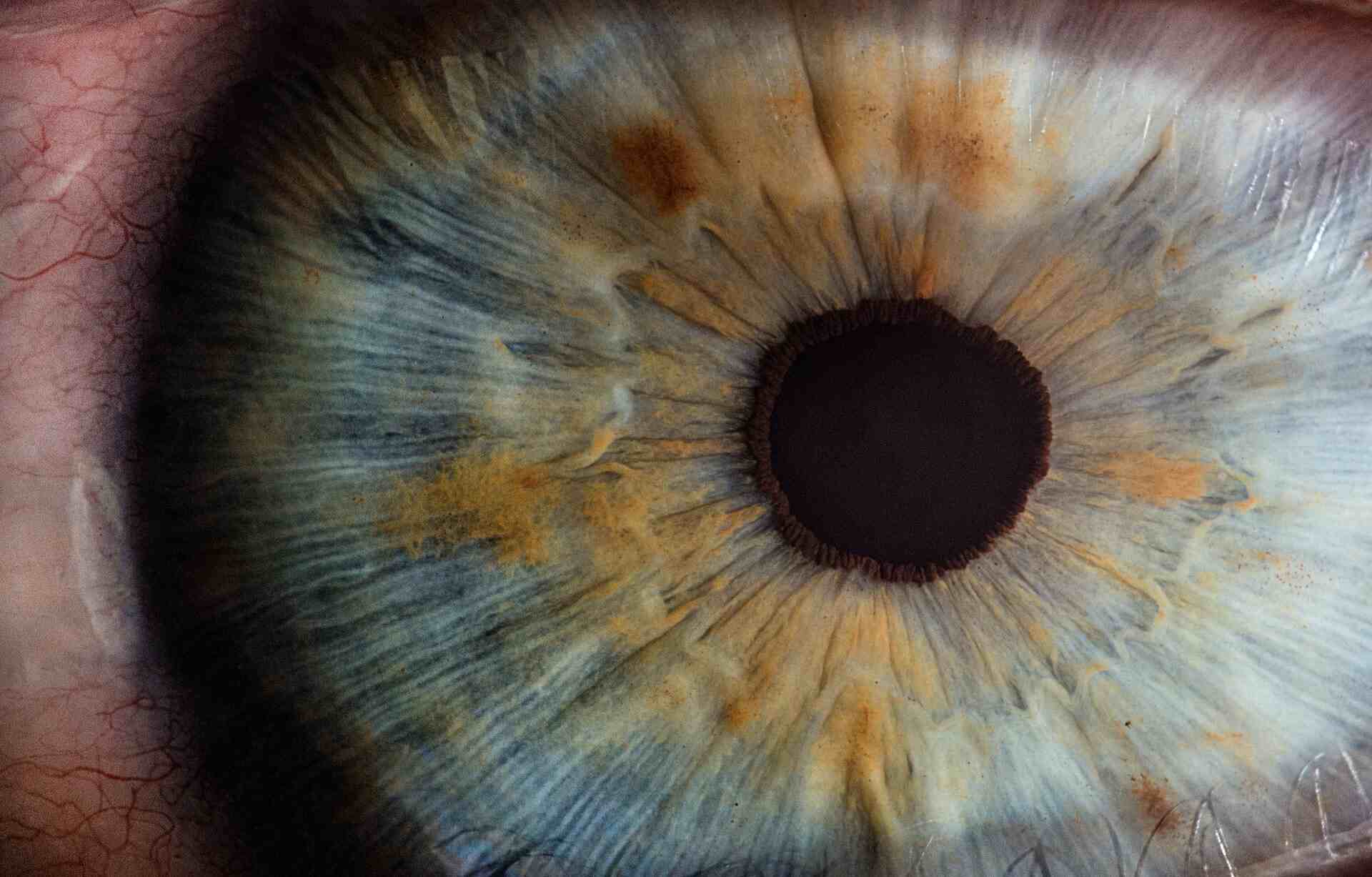








Understanding Cognitive Behavioral Therapy (CBT)
CBT is rooted in the understanding that our thoughts, feelings, behaviors, and physical sensations are interconnected. It emphasizes the role of negative thought patterns in contributing to distress and aims to replace these patterns with healthier, more adaptive ones. By working collaboratively with a trained therapist, individuals gain insights into their thought processes and develop skills to manage emotions and behaviors.
Behavior Change Through CBT: Unraveling the Process
CBT is renowned for its ability to promote behavior change by targeting distorted thought patterns. Here’s how it works:
1. Identifying Negative Thought Patterns: In the initial stages, individuals learn to recognize automatic negative thoughts that contribute to emotional distress or unwanted behaviors.
2. Challenging Negative Thoughts: With the guidance of the therapist, individuals critically examine the validity of these thoughts. This process helps individuals understand how their thinking might be skewed and distorted.
3. Restructuring Thoughts: Through various techniques, individuals learn to reframe negative thoughts into more balanced and realistic perspectives. This restructuring helps reduce emotional distress and the corresponding behaviors.
4. Behavioral Experiments: Individuals engage in behavioral experiments to test the accuracy of their negative thoughts. This provides firsthand evidence that contradicts the distorted beliefs.
5. Skill Development: CBT equips individuals with coping strategies, problem-solving skills, and relaxation techniques to manage challenging situations and emotions.
The Brain's Plasticity: A Gateway to Change
The brain’s remarkable plasticity allows it to adapt and reorganize in response to new experiences and learning. CBT leverages this plasticity to bring about positive changes in behavior and thought patterns. Here’s how CBT rewires the brain:
1. Neuroplasticity and Thought Patterns: Neuroplasticity refers to the brain’s ability to form new neural connections. Through consistent practice of new thought patterns acquired in CBT, the brain rewires itself to default to healthier, more positive ways of thinking.
2. Emotion Regulation: CBT focuses on teaching individuals to regulate their emotions through adaptive strategies. These techniques activate brain regions responsible for emotional regulation, promoting long-term emotional well-being.
3. Behavioral Change and Reward Pathways: As negative behaviors are replaced by healthier alternatives, the brain’s reward pathways respond. Positive reinforcement of adaptive behaviors strengthens the brain’s inclination toward these changes.
4. Memory and Cognitive Flexibility: CBT encourages cognitive flexibility, the ability to adapt one’s thinking in response to new information. This fosters improved memory, decision-making, and problem-solving skills.
CBT's Lasting Impact: Beyond the Therapy Room
One of CBT’s strengths lies in its potential for long-term impact. The skills acquired during therapy extend beyond the session, enabling individuals to navigate life’s challenges with newfound resilience. The rewiring of thought patterns persists, making it easier to manage stress, confront negative thoughts, and choose healthier behaviors.
The Road to Empowerment: CBT and Personal Growth
1. Self-Awareness: CBT promotes self-awareness by helping individuals understand their thought patterns, emotions, and behavioral triggers.
2. Effective Problem-Solving: With enhanced cognitive skills, individuals can approach problems more objectively and find constructive solutions.
3. Emotion Regulation: CBT equips individuals with tools to manage and regulate their emotions, preventing emotional overwhelm.
4. Reduced Anxiety and Depression: By challenging negative thought cycles, CBT alleviates symptoms of anxiety and depression.
5. Enhanced Relationships: Improved communication skills and empathy foster healthier interactions with others.
Conclusion
Cognitive Behavioral Therapy isn’t just a therapeutic approach; it’s a transformative journey that influences behavior, thought patterns, and brain wiring. By recognizing the intricate connection between our thoughts, emotions, and behaviors, CBT empowers individuals to take control of their mental well-being. The plasticity of the brain amplifies its impact, making positive change not only possible but sustainable. As we continue to unravel the complexities of the mind, CBT remains a beacon of hope, guiding us toward personal growth, resilience, and a brighter future.
- Why Is Suicide So Prevalent In KPOP? RIP Moon Bin
- PTSD: Case Study of Thomas Shelby
- Paedophilic Obsessive-Compulsive Disorder (POCD) I
- The Value Of Confronting Self-Doubt As A Psychotherapist
- What Happens When Trauma Is Ignored, Vs When It's Not
- A Warm Welcome From Phinity Therapy
- Rehanna Talks Issues
- Rehanna Discusses Phinity Services
- The HEALTHIER WAY To Grieve
- What Your THERAPIST'S TITLE REALLY MEANS!

- NHS. (n.d.). Cognitive behavioural therapy (CBT). NHS. https://www.nhs.uk/mental-health/talking-therapies-medicine-treatments/talking-therapies-and-counselling/cognitive-behavioural-therapy-cbt/
- Mind. (n.d.). Cognitive Behavioural Therapy (CBT). Mind. https://www.mind.org.uk/information-support/drugs-and-treatments/talking-therapy-and-counselling/cognitive-behavioural-therapy-cbt/
- American Psychological Association. (n.d.). Cognitive Behavioral Therapy for PTSD. https://www.apa.org/ptsd-guideline/patients-and-families/cognitive-behavioral







